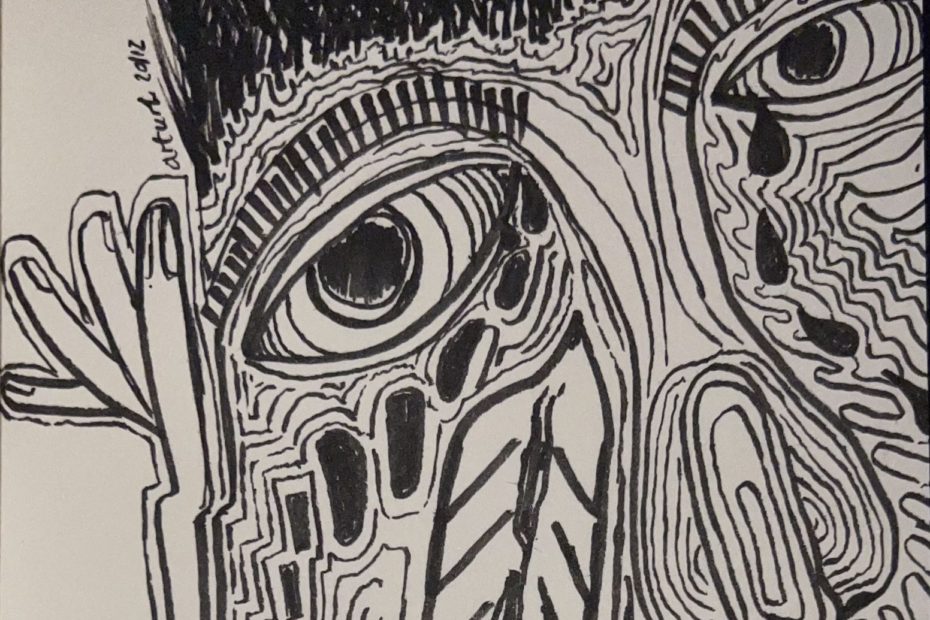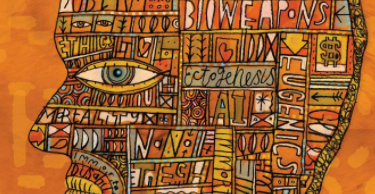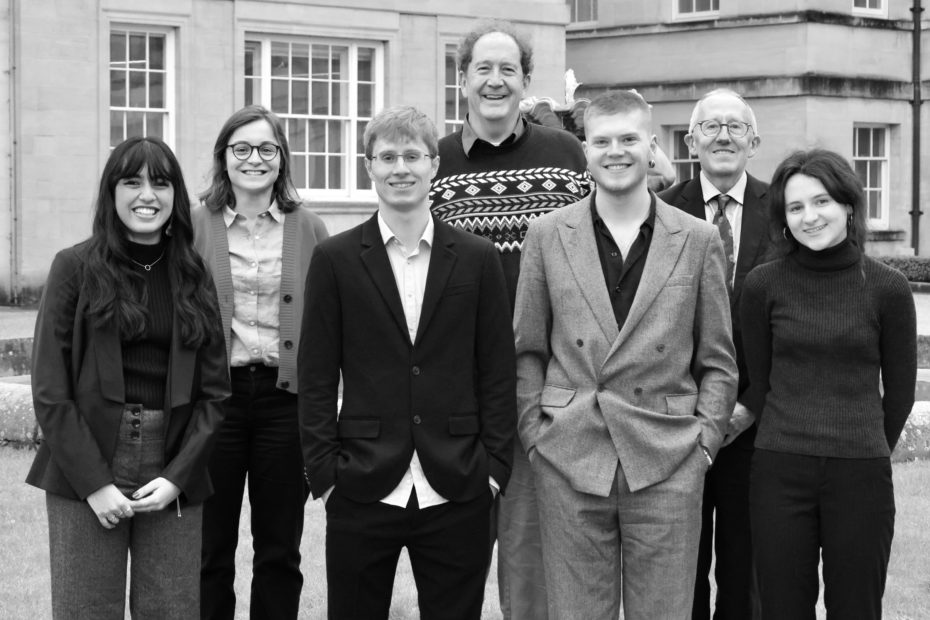Bring Back Shame: Does the Ethical Value of Shame Justify Shaming?
Undergraduate Highly Commended paper in the 2025 National Uehiro Oxford Essay Prize in Practical Ethics. By Nicole Chinenyenwa Oboko. I have always been told that if a person has nothing nice to say, they should say nothing at all. For most of my life, I’ve upheld this belief. A decent person, as part of a decent… Read More »Bring Back Shame: Does the Ethical Value of Shame Justify Shaming?










